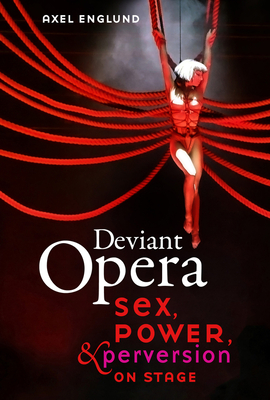Expedite your nonfiction book discovery process with Readara interviews, summaries and recommendations, Broaden your knowledge and gain insights from leading experts and scholars
In-depth, hour-long interviews with notable nonfiction authors, Gain new perspectives and ideas from the writer’s expertise and research, Valuable resource for readers and researchers
Optimize your book discovery process, Four-to eight-page summaries prepared by subject matter experts, Quickly review the book’s central messages and range of content
Books are handpicked covering a wide range of important categories and topics, Selected authors are subject experts, field professionals, or distinguished academics
Our editorial team includes books offering insights, unique views and researched-narratives in categories, Trade shows and book fairs, Book signings and in person author talks,Webinars and online events
Connect with editors and designers,Discover PR & marketing services providers, Source printers and related service providers

Deviant Opera: Sex, Power, and Perversion on Stage
Music > Genres & Styles - Opera
- University of California Press
- Hardcover
- 9780520343252
- 9.1 X 6 X 1.1 inches
- 1.2 pounds
- Music > Genres & Styles - Opera
- (Single Author) Asian American
- English
Readara.com
Book Description
Opera, it would appear, has developed a taste for sadomasochism. For decades now, radical stage directors have repeatedly dressed canonical operas--from Handel and Mozart to Wagner and Puccini, and beyond--in whips, chains, leather, and other regalia of SM and fetishism. Deviant Opera seeks to understand this phenomenon, approaching the contemporary visual code of perversion as a lens through which opera focuses and scrutinizes its own configurations of sex, gender, power, and violence. The emerging image is that of an art form that habitually plays with an eroticization of cruelty and humiliation, inviting its devotees to take sensual pleasure in the suffering of others. Ultimately, Deviant Opera argues that this species of opera fantasizes about breaking the boundaries of its own role-playing, and pushing its erotic power exchanges from the enacted to the actual.
Author Bio
I am Professor of Literature and Wallenberg Academy Fellow at the Department of Culture and Aesthetics. My teaching at the Department of Culture and Aesthetics includes literary interpretation and modernist poetry, as well as the supervision of graduate students. I am also the coordinator for the Master's Programme in Literature at the Faculty of Humanities.
Research Interests
My research centres on relations between words and music, especially from modernism and onward; operatic performance, music-related poetry and prose representations of music-making are all among the phenomena I study. Beyond intermediality, my theoretical interests include, for instance, hermeneutics, aesthetics, critical theory and gender-and-sexuality studies.
One strand of my research concerns German-language poetry from the 20th century, especially in its relationship with music as idea and practice. My dissertation dealt with the Jewish Holocaust survivor Paul Celan, focusing on music as a motif and influence in his work, as well as on contemporary musical settings of his poetry. It was revised into a book and published under the title Still Songs: Music In and Around the Poetry of Paul Celan (2012, paperback 2016). After that, I have also applied similar perspectives on Rainer Maria Rilke, Nelly Sachs and Ingeborg Bachmann. I have also published several articles (and a book in Swedish) on the little-studied poetry of W.G. Sebald.
My work on opera has focused chiefly on the guises in which the art form appears on stage today. My book Deviant Opera: Sex, Power, and Perversion on Stage (2020) addresses eroticized power, fetish aesthetics and sadomasochism in contemporary productions of canonical opera (such as, for instance, Handel, Mozart, Wagner and Puccini). I have also guest-edited a double issue of The Opera Quarterly with the title Beyond the Performative Turn (issue 1–2, 2019), which addresses the particulars of live performance, technology and mediation, opera and posthumanism, experimental indie opera, and other vital areas of current opera studies.
My current research project deals with chamber music in the novel of the early 20th century. It focuses on the literary representation of the body as an interface between music and sexuality, in a period when both went through radical changes. The project will explore a broad range of novels from the period 1900–1930: modernist staples like Thomas Mann, Robert Musil and Marcel Proust as well as less familiar names will be examined in relation to the discourse on music, mediation and sexuality that circulated at the time.
I am also active as a translator. In recent years I have published Swedish versions of Édouard Dujardin's Les lauriers sont coupés, W.G. Sebald’s poetry and Samuel Taylor Coleridge’s The Rime of the Ancient Mariner.
Education
- PhD (Literature), Stockholm University, June 2011
Master of Arts (Literature), Lund University, September 2005
Master of Fine Arts (Composition), Malmö Academy of Music, June 2005
Bachelor of Arts (Musicology), Lund University, October 2004
Source: Stockholm University
Videos






Community reviews
No Community reviews

